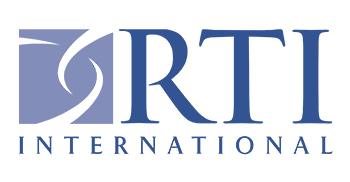A two-year (2020-2022) partnership between the Government of Nepal and the US Agency for International Development (USAID), the Early Grade Reading Program II (EGRP II) is helping children across Nepal learn to read with fluency and comprehension-skills that help set them up for success later in life. EGRP II supports evidence-based reading instruction in grades 1-3 in nearly 14,000 schools in 396 municipalities across 38 districts of Nepal, in line with the Government of Nepal’s National Early Grade Reading Program (NEGRP).
Through strengthened policy, practice, and system capacity, EGRP II will make lasting contributions to improving early grade reading for an estimated 450,000 learners. These efforts build on the foundation laid through USAID’s first Early Grade Reading Program (EGRP) in Nepal. Benefitting more than 550,000 learners in two cohorts across 16 NEGRP target districts, EGRP achieved a significant impact in terms of reading gains. In addition to training, ongoing support to teachers, including mentoring and coaching, is essential to ensure that what is learned is being applied in the classroom.

Working with Nepal’s Center for Education and Human Resource Development (CEHRD), EGPR II is helping to revise and roll out a teacher professional support system to operationalize the new curriculum and materials. According to Jodie Fonseca, EGRP II Chief of Party, “These capacity-building activities are part of EGRP II’s comprehensive approach to strengthening educational capacity, curriculum and teaching, and professional support for educators—even in the face of a prolonged Covid-19 pandemic. Over time, these efforts will contribute to stronger reading skills for children in the early primary grades, in line with Nepal’s education goals.”
As the Covid-19 pandemic forced school closures, flexible learning approaches became critical to ensure continuity of learning. In response, EGRP II provided direct support to local education units to implement community—and homebased learning, targeting 16 rural, disadvantaged municipalities in Province 2 that are heavily impacted by Covid-19. These interventions include small grants to 119 schools, teacher training on flexible learning approaches, distribution of tablets pre-loaded with offline learning content, and provision of decodable books and stationery packs.
From mid-2021 through early 2022, EGRP II will work with district and local governments to scale up these efforts to 264 additional schools in Province 2, ultimately reaching over 73,000 children. Narayan Krishna Shrestha, Director of Programs of EGRP II, shares, “Irrespective of Covid-19, we have continued working with palika members, teachers, and communities to build their capacity through virtual mediums. Our home learning clusters have provided an important space for children to continue their learning journey despite the closure of physical schools. Our engagement with parents through teacher-parent meetings has helped motivate children towards learning at home.”











